In the annals of Pakistani history, few individuals have traversed the realms of sports and politics with as much flair and controversy as Imran Khan. From his days as a celebrated cricketing icon to his tumultuous tenure as Prime Minister, Khan's journey has been marked by triumphs, setbacks, and a steadfast commitment to challenge the status quo. As he continues to navigate through legal battles and political turbulence, Khan remains a polarizing figure, revered by some as a messianic savior and reviled by others as a divisive demagogue. In this comprehensive analysis, we delve deep into the life, career, and legacy of Pakistan's enigmatic leader.
_01.jpg)
Born on October 5, 1952, in Lahore, Imran Ahmed Khan Niazi was destined for greatness from an early age. Educated at Aitchison College and later at Keble College, Oxford, Khan's passion for cricket propelled him onto the international stage, where he donned the green cap of the Pakistan national team with pride. His illustrious career as a cricketer saw him lead Pakistan to its first and only Cricket World Cup victory in 1992, etching his name into the annals of sporting history as one of cricket's greatest all-rounders. Khan's leadership on the field was characterized by grit, determination, and an unyielding commitment to excellence, qualities that would later define his foray into politics.
Following his retirement from cricket, Khan embarked on a new journey - one that would see him transition from the cricket pitch to the political arena. In 1996, he founded the Pakistan Tehreek-e-Insaf (PTI) party with a vision to challenge the entrenched power structures and endemic corruption plaguing Pakistani politics. Khan's charisma, eloquence, and celebrity status helped propel PTI onto the national stage, capturing the imagination of millions of disillusioned Pakistanis yearning for change.
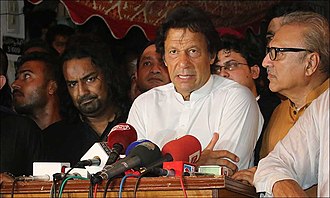
Khan's ascension to the highest echelons of power culminated in his election as the 22nd Prime Minister of Pakistan in August 2018. His victory was hailed as a historic moment in Pakistani politics, symbolizing a break from the past and a harbinger of a new era of transparency and accountability. However, Khan's tenure as Prime Minister was fraught with challenges, including economic instability, rising inflation, and the COVID-19 pandemic. Despite his efforts to implement reforms and tackle corruption, Khan faced fierce opposition from entrenched political rivals and vested interests, culminating in his ouster from office in April 2022 through a contentious no-confidence motion.
.jpg)
In the aftermath of his removal from office, Khan found himself embroiled in a series of legal battles and corruption allegations, further tarnishing his political legacy. Accusations of misuse of power and leaking state secrets led to Khan's arrest on multiple occasions, underscoring the fraught nature of Pakistani politics and the perils of challenging the status quo.
Despite his political setbacks and legal woes, Khan retains a devoted following among his supporters, who view him as a beacon of hope in a sea of political turmoil. Khan's unwavering commitment to justice, accountability, and democratic principles has endeared him to millions of Pakistanis disillusioned by the pervasive corruption and dynastic politics that have long plagued the country's political landscape.
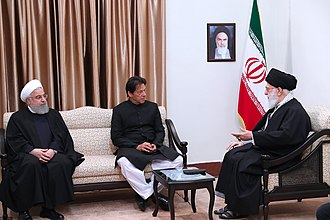
As Imran Khan continues to navigate the tumultuous waters of Pakistani politics, his legacy remains a subject of fierce debate and speculation. Whether viewed as a visionary reformer or a polarizing figure, Khan's indelible imprint on Pakistan's political landscape is undeniable. As the nation grapples with its future, Khan's journey serves as a poignant reminder of the complexities and contradictions inherent in the pursuit of power and progress in one of the world's most volatile regions.



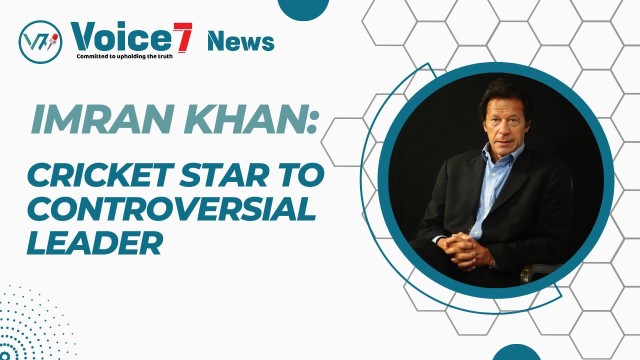
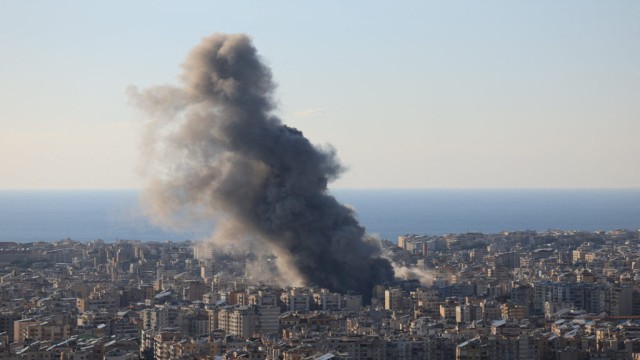
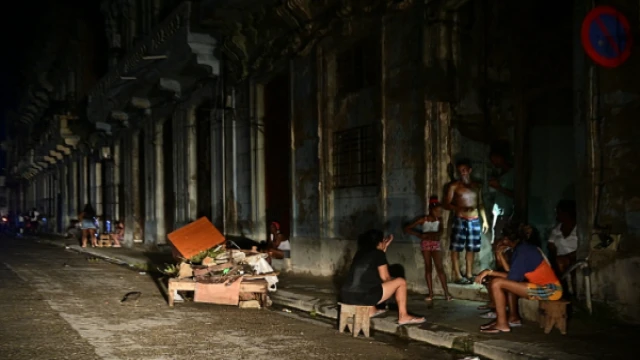
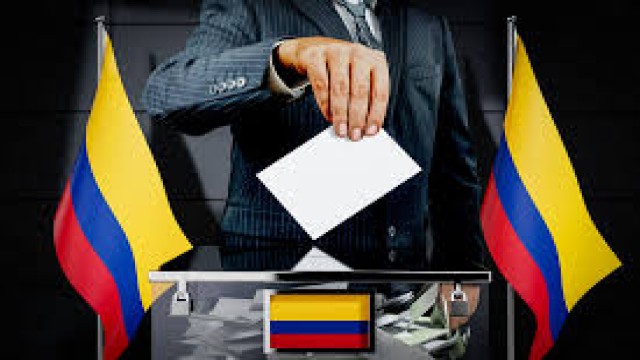
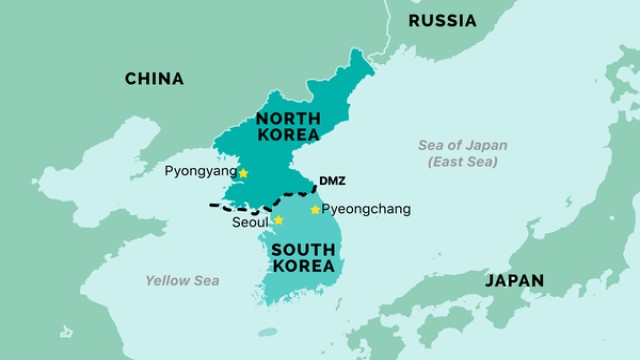
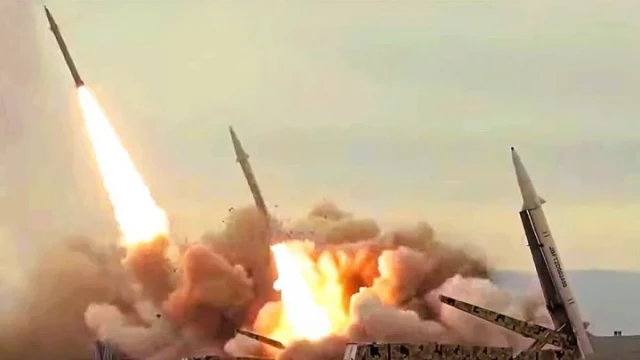
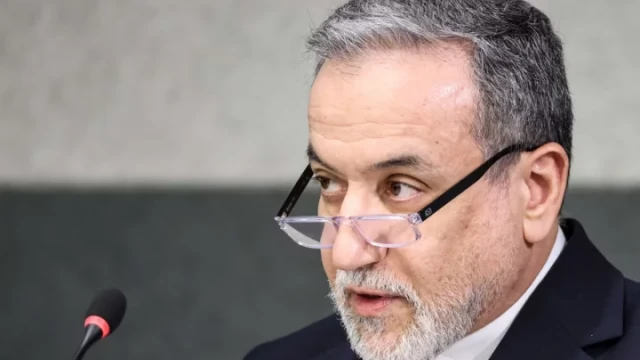

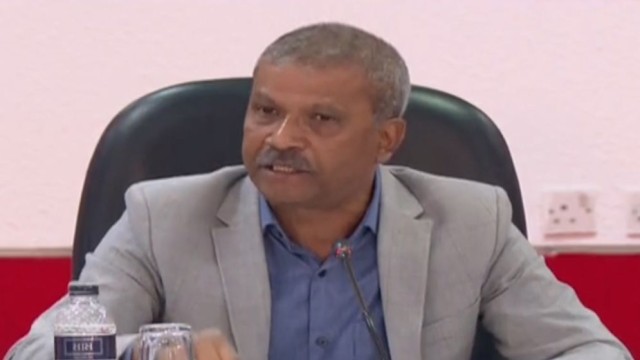
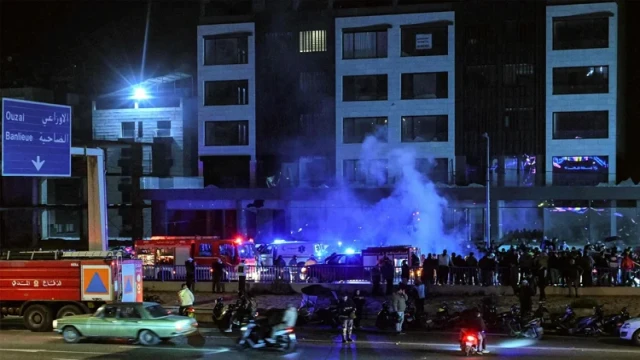
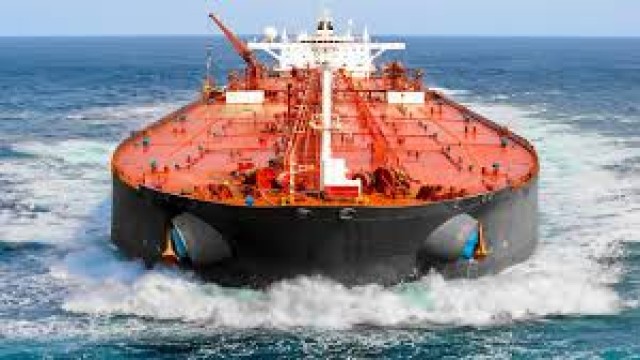
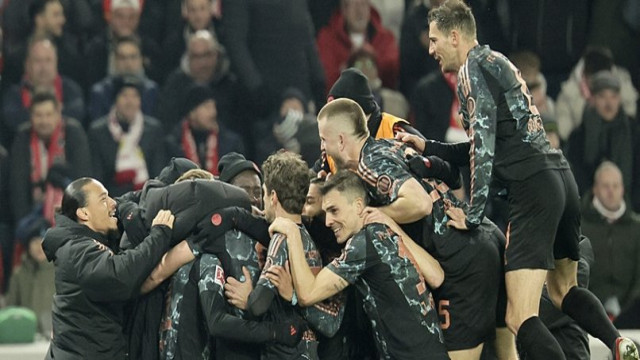
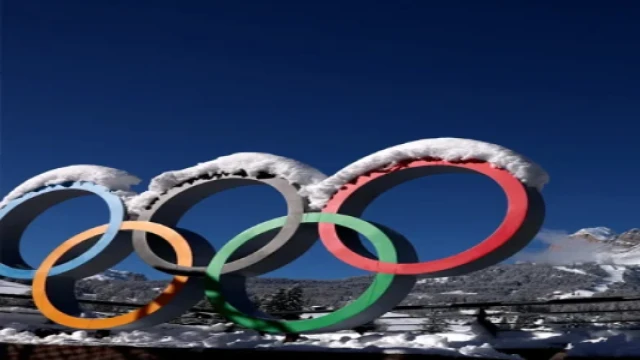











Comment: